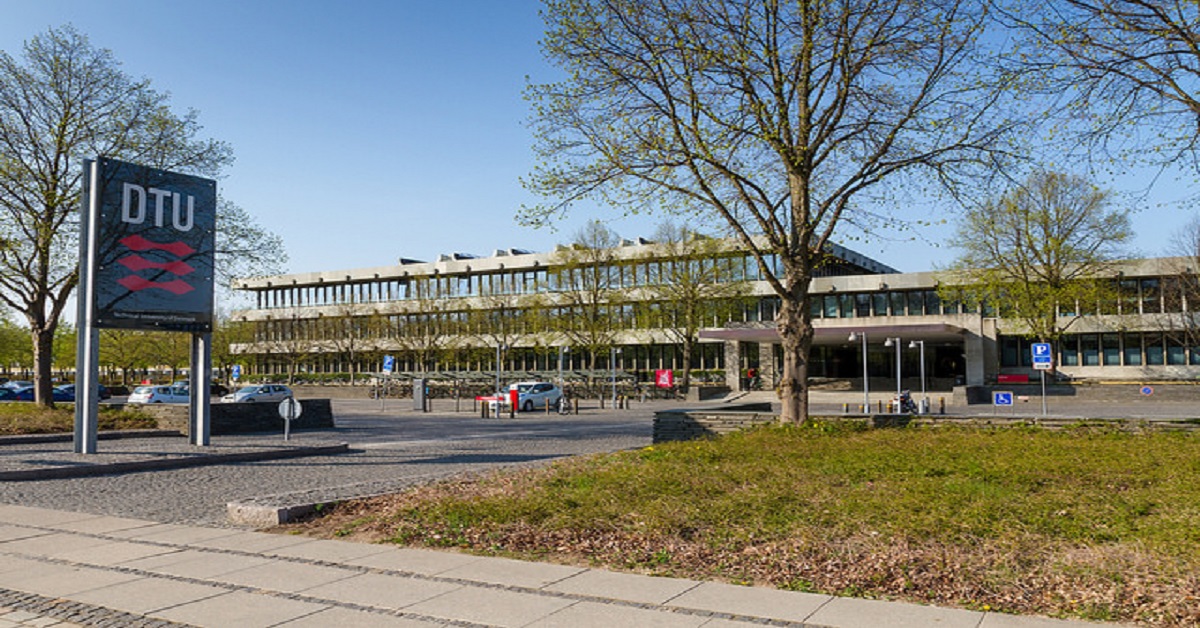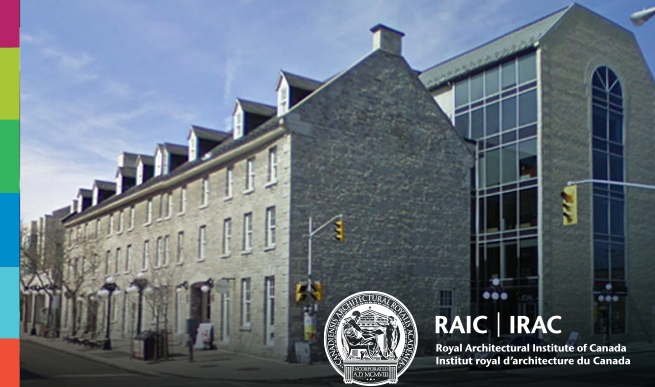
Postdoc in Microscopic Modeling of Na-ion batteries and Data-driven Electrolyte Design focus on batteries and the Sections core activities
The Sections for Atomic-Scale Materials Modelling and Autonomous Materials Discovery at DTU Energy, Technical University of Denmark (DTU), are looking for an outstanding candidate for a 2-year postdoc position in multi-scale multi-physics modeling of new battery materials, interfaces, and cells. The position is part of the Department’s focus on batteries and the Sections core activities on the accelerated discovery of battery materials and interfaces in the context of the Sustainable and Safe anode-free Na battery (SuSaNa) project funded by the M-ERA Net program and the European project BIG-MAP (Battery Interface Genome – Materials Acceleration Platform) under the large-scale and long-term European research initiative Battery 2030+.
Project description and qualifications
The successful candidate should be able to develop a Machine Learning Force Field to study microscopic processes at Na-ion battery anodes (e.g., plating and striping of sodium and the eventual formation of dendrites). Another important aspect is assisting the experimental groups in the project in interpreting spectroscopic data (e.g., Raman, IR, XPS). In parallel, the successful candidate will carry out data-driven, high-throughput experimental activities for designing multicomponent battery electrolytes using machine learning and an autonomous robot. The aim of the experimental component of the position is to design electrolytes that provide the best balance between high performance, cost, and sustainability.
The candidates should hold a PhD or equivalent degree in physics, chemistry, or materials science. Candidates must have a strong background in computational chemistry/materials science and are expected to have performed original scientific research within microscopic cell-level simulations of batteries and experimental electrochemistry, for example:
- Microscopic studies of post-lithium electrode materials,
- Training Machine Learning Force Fields,
- Electrolyte synthesis and characterization using electrochemical techniques (e.g., EIS),
- Python programming language.
Moreover, the successful candidate:
- is innovative and able to work both independently and in cross-disciplinary teams
- has good communication skills in English, both written and spoken.
- is able to work independently and take responsibility for the progress and quality of projects.
Assessment
The assessment of the applicants will be made by Assistant Professor, Jin Hyun Chang, and Professor, Head of Section, Professor Juan Maria Garcia Lastra.
We offer
DTU is a leading technical university globally recognized for the excellence of its research, education, innovation, and scientific advice. We offer a rewarding and challenging job in an international environment. We strive for academic excellence in an environment characterized by collegial respect and academic freedom tempered by responsibility.
Salary and terms of employment
The appointment will be based on the collective agreement with the Danish Confederation of Professional Associations. The allowance will be agreed upon with the relevant union.
The period of appointment is two years, starting August 16th 2022, or shortly thereafter.
You can read more about career paths at DTU here.
Further information
Further information may be obtained from Professor Juan Maria Garcia Lastra at jmgla@dtu.dk or Assistant Professor Jin Hyun Chang jchang@dtu.dk.
Please do not send applications to this e-mail address, instead apply online as described below.
You can read more DTU Energy at www.energy.dtu.dk.
If you are applying from abroad, you may find useful information on working in Denmark and at DTU at DTU – Moving to Denmark.
Application procedure
Please submit your online application no later than 10 June 2022 (Danish time).
Applications must be submitted as one PDF file containing all materials to be given consideration. To apply, please open the link “Apply online”, fill out the online application form, and attach all your materials in English in one PDF file. The file must include:
- Application (cover letter)
- CV
- Diploma (MSc/PhD)
- List of publications
- At least one reference
Applications and enclosures received after the deadline will not be considered.
All interested candidates irrespective of age, gender, disability, race, religion or ethnic background are encouraged to apply.
DTU Energy
The Department of Energy Conversion and Storage is focusing on functional materials and their application in sustainable energy technology. Our research areas include fuel cells, electrolysis, polymer solar cells, magnetic refrigeration, superconductivity, thermoelectrics, sustainable synthetic fuels, and batteries. The Department, which has more than 200 employees, was founded in 2012. Additional information about the Department can be found on www.energy.dtu.dk
Technology for people
DTU develops technology for people. With our international elite research and study programmes, we are helping to create a better world and to solve the global challenges formulated in the UN’s 17 Sustainable Development Goals. Hans Christian Ørsted founded DTU in 1829 with a clear vision to develop and create value using science and engineering to benefit society. That vision lives on today. DTU has 13,400 students and 5,800 employees. We work in an international atmosphere and have an inclusive, evolving, and informal working environment. DTU has campuses in all parts of Denmark and in Greenland, and we collaborate with the best universities around the world.
![Postdoctoral and Research Opportunities at McGill University [CA]](https://scholaridea.com/wp-content/uploads/2020/06/mcgill-university-30-may-2019-768x402.jpg)

